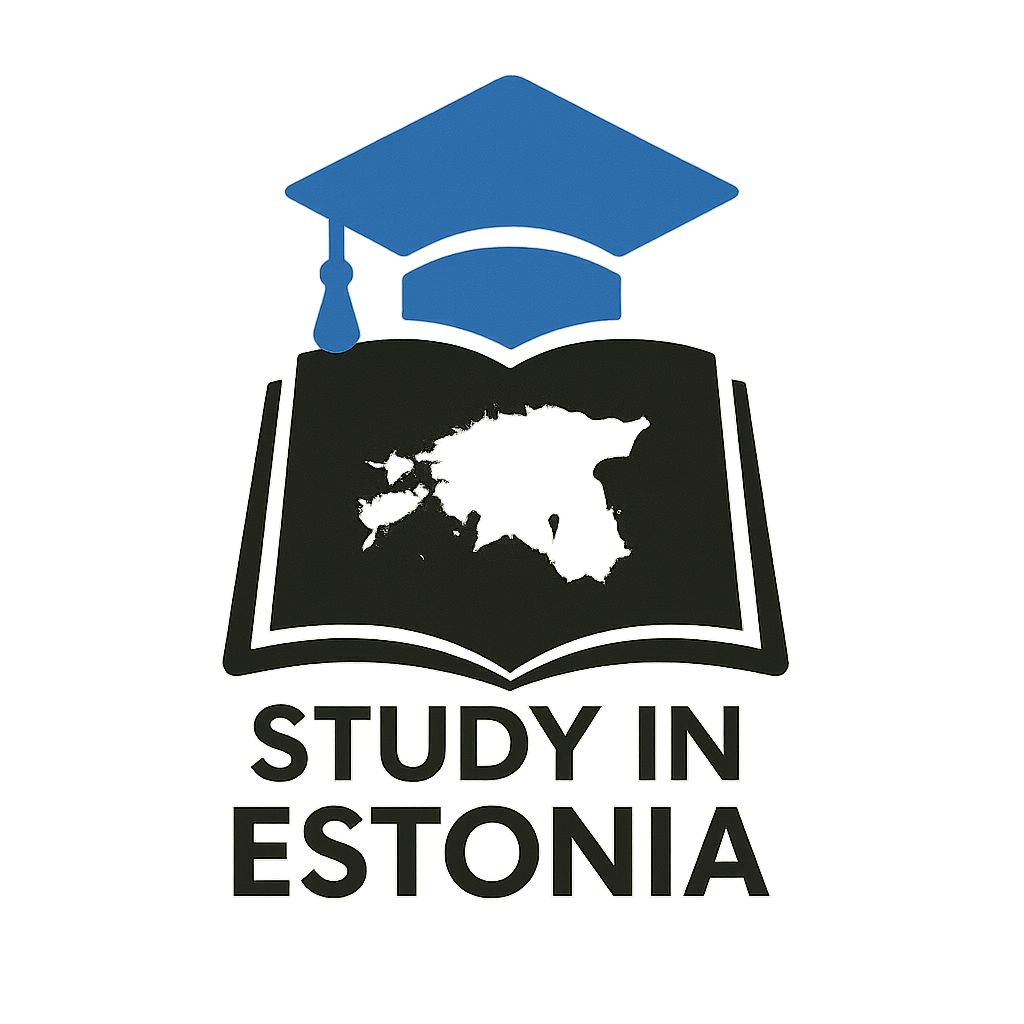How to Prepare for Your First Semester in Estonia
Quick Navigation
Academic Preparation
Develop a Study Plan
Creating a structured study plan is pivotal for academic success in Estonia. Here’s how to formulate an effective one:
- Identify Your Goals: Clearly outline your academic objectives for the semester.
- Incorporate Various Activities: Your plan should encompass reviewing notes, reading textbooks, and engaging with supplementary materials.
- Customize to Your Learning Style: Tailor your study methods to suit how you learn best. Some students may benefit from visual materials, while others thrive in a more auditory environment.
Utilizing tools such as planners or digital calendars can help schedule study sessions and deadlines effectively.
Utilize University Resources
Estonian universities provide a wealth of resources to bolster your academic journey. Here are key resources to consider:
- Libraries: Both physical and online libraries are available, granting access to a plethora of research papers and academic journals, many of which may otherwise remain behind paywalls.
- Student Support Services: Institutions offer tutoring centers and mentorship programs where students can receive individualized help. It’s beneficial to connect with student buddies, who can act as invaluable guides during your transition.
Taking advantage of these resources not only enhances your academic performance but also fosters a sense of community.
Study Smart Techniques
Exams can be a daunting aspect of university life, but employing smart study techniques can make the process more manageable:
- Optimal Study Environment: Identify a study space that aligns with your needs—whether it’s a silent library nook or a bustling café where you feel invigorated.
- Segmented Study Sessions: Divide your study materials into manageable sections to maximize retention and minimize fatigue.
- Utilize Campus Facilities: Engage with available resources, such as study groups or online forums, to clarify doubts and reinforce your learning.
Course Registration and Academic Structure
Semester Timeline
Understanding the academic calendar is essential. Typically, the academic year in Estonian universities begins in September and concludes mid-June, divided into two semesters. Here’s what to expect:
- Each semester culminates in a four-week examination period featuring both oral and written assessments. Knowing this timeline helps you to prepare effectively.
Course Registration Process
For new students, course registration is completed via the online Study Information System. Notable points include:
- Timing is Crucial: Registration occurs during the first two weeks of the semester. Popular courses can fill up rapidly, so it’s prudent to complete your registration as soon as your login credentials are received—usually two weeks prior to semester start.
- Plan Your Course Load: Consider a balanced course load that aligns with your academic and personal goals, ensuring you challenge yourself without overwhelming your schedule.
Language Considerations
While the primary language of instruction at universities like the University of Tartu is Estonian, many institutions cater to international students by offering comprehensive programs in English. Here are a few key points:
- Available Programs: Look for interdisciplinary one-semester programs designed for international students. These often cover diverse fields, from social sciences to natural sciences, and may include cultural explorations as part of the curriculum.
- Language Courses: Intensive and non-intensive Estonian language courses are available. Intensive courses can count toward your full semester load (24-30 ECTS), while non-intensive options can be mixed with other academic courses for a balanced schedule.
Cultural Adjustment
Embrace Local Culture
Transitioning to a new country involves cultural adaptation. Consider the following strategies to better acclimatize:
- Explore Estonian Traditions: Participate in local festivals and university events to immerse yourself in the culture.
- Connect with Local Students: Engaging with local peers can provide unique insights and foster friendships that enrich your experience.
Social Integration
Building a social network is equally important. Here are some tips:
- Join Clubs and Societies: Most universities offer a plethora of extracurricular activities where students can meet others with similar interests.
- Utilize Social Media: Online platforms can help expand your network before you even arrive. Participate in groups for incoming international students.
Health and Wellbeing
Register for Health Services
Prioritize your health during your time studying in Estonia:
- Get Familiar with Campus Health Services: Universities typically offer health services for students. Registering with these services ensures you have access to medical care when needed.
- Stay Active and Mindful: Incorporating physical activity into your routine can help alleviate stress. Consider joining sports clubs or participating in recreational activities on campus.
Take the Next Step with Study in Estonia
As international educators and professionals, it’s our goal to facilitate a smooth transition for students preparing for their first semester in Estonia. By providing guidance on academic preparation, course registration, cultural adaptation, and personal health, we empower students to thrive in their academic endeavors.

